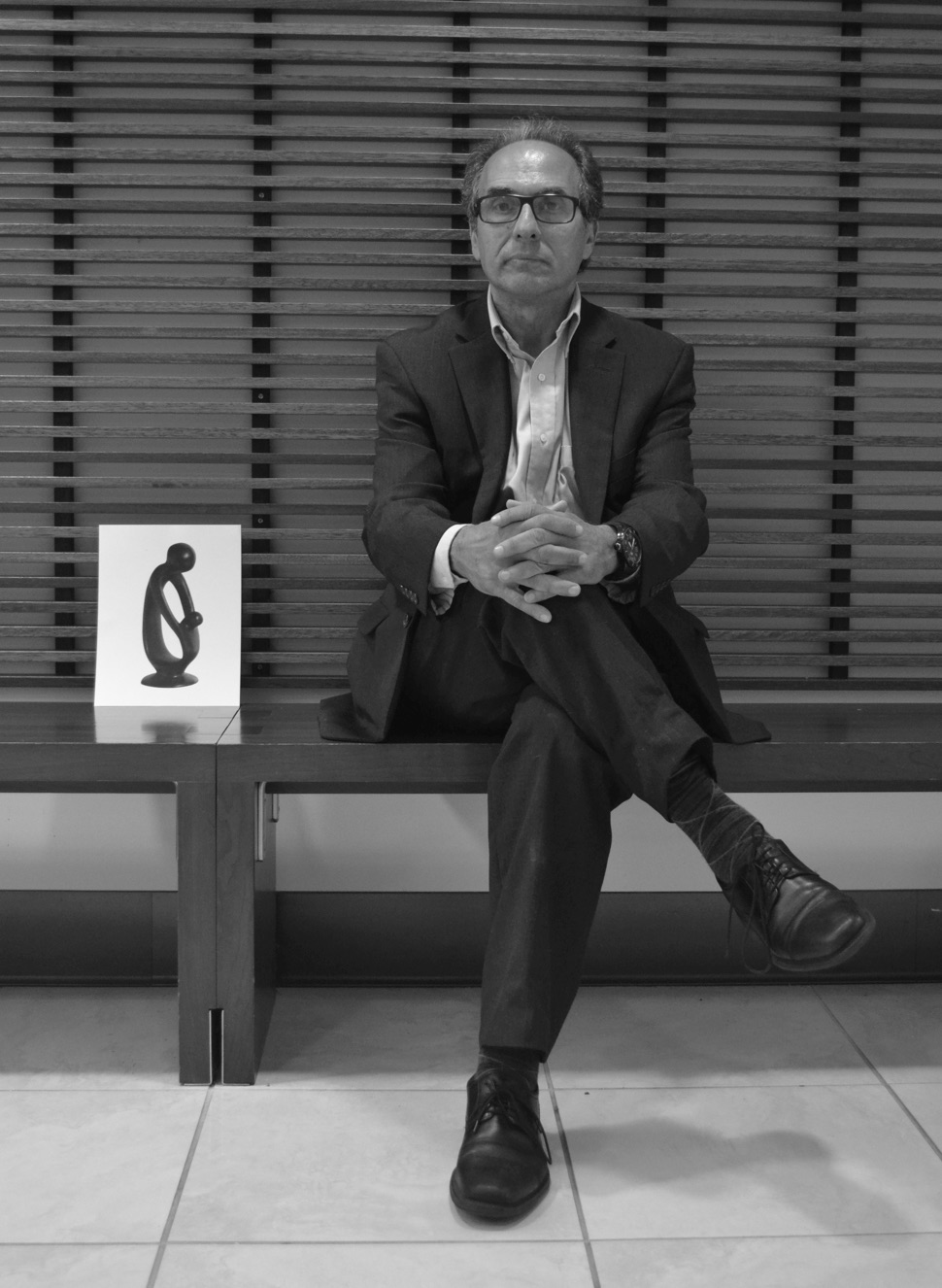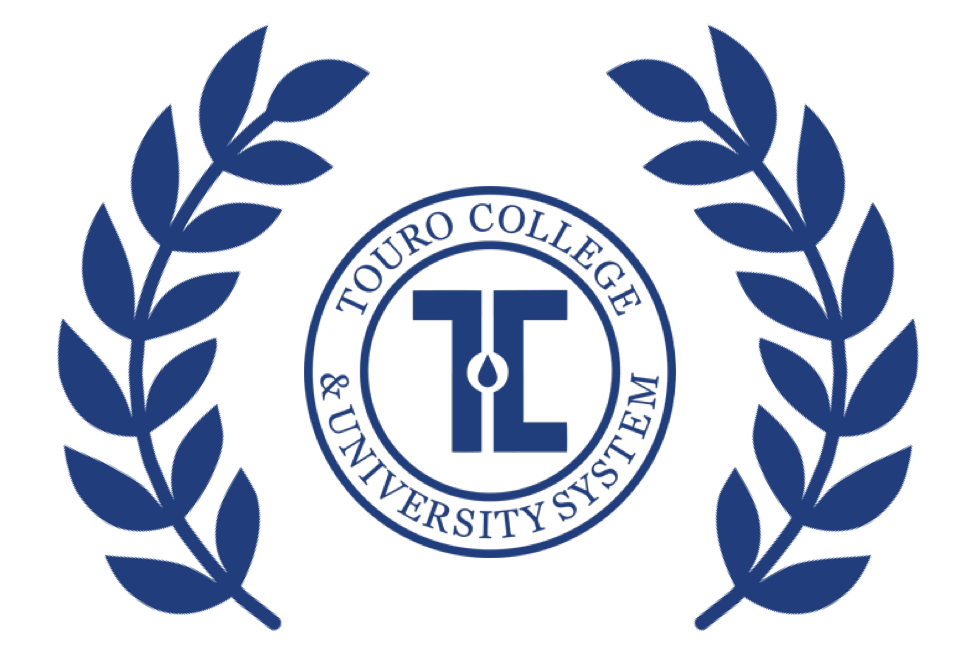Steven Luel, M.S., Ed.D.
Associate Professor, Education and Psychology
LANDER COLLEGE FOR WOMEN—THE ANNA RUTH AND MARK HASTEN SCHOOL

WHAT HIS STUDENTS SAY
“He is incredible,” said LCW graduate Elana Fisher who is pursuing a master’s degree in social work. “He knows so much and it's such an educational experience. He’s very passionate about what he teaches. Dr. Luel is also very personable and always makes time to meet with students.”
- Elana Fisher
“Dr. Luel’s class was the best class I took in all my years at LCW,” enthused Debra Zinn, currently a student in Touro’s Speech-Language Pathology graduate program. “He was so knowledgeable about the material and while some parts were complicated, Dr. Luel managed to make it totally understandable. Every question was welcome in his class. He’s a true expert in his field.”
- Debra Zinn
Growing up, LCW professor Steven Luel realized his parents were different.
“My parents were Holocaust survivors,” Dr. Luel explained. “My father was in Auschwitz and my mother was in Theresienstadt. After the war they were in the same displacement camp and they met while waiting for new shoes.”
“They suffered from Post-Traumatic Stress Disorder,” continued Dr. Luel. “My father had recurring nightmares and bouts of anxiety and depression. Even though they rebuilt their lives and succeeded professionally, it was obvious to me that they were in enormous pain.”
His parents’ experiences during the war helped shaped his career. In college, he read Elie Wiesel’s Night and Viktor Frankel’s Man’s Search for Meaning.
“Those helped me understand the impact the Holocaust had on my parents and the impact my parents had on me,” explained Dr. Luel. He spent his junior year abroad in Israel and visited Yad Vashem, Israel’s Holocaust museum, regularly. “I learned more and more about what happened,” he said. “It was overwhelming and unfathomable.”
After finishing NYU with a major in psychology, Dr. Luel earned a master’s degree in education and special education. He taught English in a yeshiva while he pursued an interdisciplinary doctorate in psychology and education at Fairleigh Dickinson University.
STEVEN LUEL
“I was fascinated by trauma and understanding how trauma affects people,” said Dr. Luel. His studies were also a way towards understanding himself. “I started treating patients with phobias and anxiety. It helped me understand my parents and myself.”
While he maintained a busy private practice, he was offered a position as a Touro faculty member in 1981. Touro’s Jewish mission spoke to him.
“As a child of Holocaust survivors, helping the Jewish community flourish is especially meaningful,” he said. “When I look at my class—the faces of these young women who are prospering and striving to pursue their professional lives—I feel that it’s more than a professorship. It’s a calling to be part of a Jewish rebirth. When I told my parents about it they were overjoyed.”
Every other year, Dr. Luel teaches his Psychology of the Holocaust and Terrorism course. It’s one of LCW’s most popular courses and it fills up quickly. The class talks about the Holocaust and then segues into the nature of evil and human aggression.
“All these students are aiming to become mental health professionals,” said Dr. Luel. “I want them to understand what they’re going to see in the mental health field. I want them to understand the nature of evil and violence. They will encounter it in differing degrees in their professional lives, especially if they deal with domestic violence, childhood abuse and criminality.”
Despite the serious subject matter, Dr. Luel lightens the mood with stories of his own childhood and the occasional humorous instances of his parents’ behavior: Like the time Dr. Luel was on a date and his father materialized by his car window with a banana and some extra money in case Dr. Luel got hungry or ran out of cash during the date. These dashes of personality help students humanize what is an unthinkable tragedy with millions of victims. The class ends on a positive note.
“I make sure to emphasize human resilience, especially focusing on the survivors and children of survivors—rebuilding their lives and the rebirth of the state of Israel,” concluded Dr. Luel. “The aim of the course is to talk about revival, not just survival, but revival. I want my students to be able to build resilience in their patients.”
HIS OBJECT
We asked each member of the faculty to choose an item that holds a special significance for them.
Luel’s choice: A sculpture of a mother and child by Henry Moore. “Most of my courses involve human attachment and the centrality of relationships and love,” he said. “This is the essence of what I teach and that’s why I chose something that captures the mother-and-child bond. It is emblematic of the love a person needs to be healthy. Trauma can start early—even in the womb. If you’re not given a warm and secure attachment as a baby—if you’re not talked to, cuddled or sung to—the odds are stacked against you. We see it in very young children, even infants and toddlers, and it’s even clearer later.”
INTERESTING FACT
Following 9/11 and in preparation for his Psychology of the Holocaust and Terrorism course, Dr. Luel became fascinated by the field of counter terrorism. He took several training courses for civilians with a leading Israeli counter-terrorism specialist. “For someone who used to be terrified of guns, I have extensive firearm training,” he said.
HIS FAVORITE BOOK SERIES
“Daniel Silva’s spy thrillers. The lead character is Gabriel Alon, the son of Holocaust survivors and a Mossad secret agent. He’s who I wanted to be when I was ten-years-old.”


